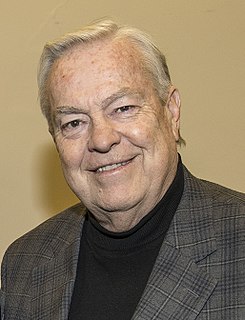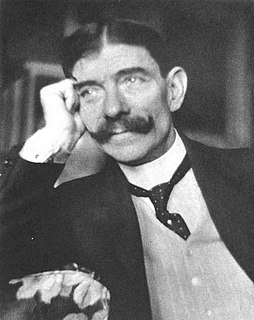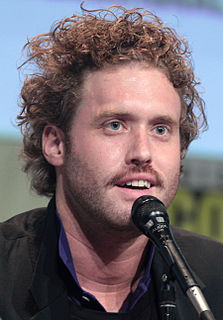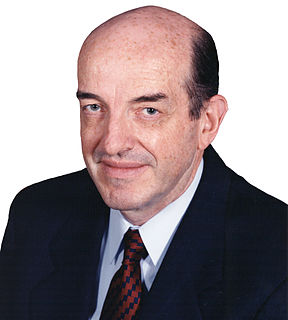A Quote by Heather Brooke
When I was 26 or 27, I gave up journalism. I came to England after my mom died, to let serendipity take its course. And I just found myself back in journalism again.
Related Quotes
I was in the journalism program in college and had some internships in print journalism during the summers. The plan was to go to Columbia University Graduate School of Journalism to learn broadcasting after I graduated. I was enrolled and everything, but ultimately decided that I could never afford to pay back the loan I'd have to take out.
Anyone who does investigative journalism is not in it for the money. Investigative journalism by nature is the most work intensive kind of journalism you can take on. That's why you see less and less investigative journalism at newspapers and magazines. No matter what you're paid for it, you put in so many man-hours it's one of the least lucrative aspects of journalism you can take on.
I reluctantly signed up for a journalism major, thinking I needed a fall-back way to make money should my career as a novelist fail to take off. As I started to try on journalism, including doing internships and working at the campus paper, I found I actually liked it. So I started to want to be a journalist.
I came to nonfiction through journalism. My first book was journalism, and it was so frustrating to me, while I was writing it, that I wasn't capturing the moments the way they were when I lived them; I was filtering and re-filtering. I had to come to terms with the fact that I couldn't and shouldn't claim authenticity. Then, when the book was published and I gave readings, I'd hear myself read and it was like I was eavesdropping on a dream - even with myself as the narrator. I knew that guy but couldn't exactly recognize him.
The Lord's Prayer is 66 words, the Gettysburg Address is 286 words, there are 1.322 words in the Declaration of Independence, but government regulations on the sale of cabbage total 26.911 words. The difference between literature and journalism is that journalism is unreadable and literature is not read.
I got in journalism for any number of reasons, not least because it's so much fun. Journalism should be in the business of putting pressure on power, finding out the truth, of shining a light on injustice, of, when appropriate, being amusing and entertaining - it's a complicated and varied beast, journalism.
Journalism continues to go south, thanks to big media and its strangulation of news, and there's not much left in the way of community or local media. Add to that an internet that has not even started thinking seriously about how it supports journalism. You have these big companies like Google and Facebook who run the news and sell all the ads next to it, but what do they put back into journalism? It isn't much.

































